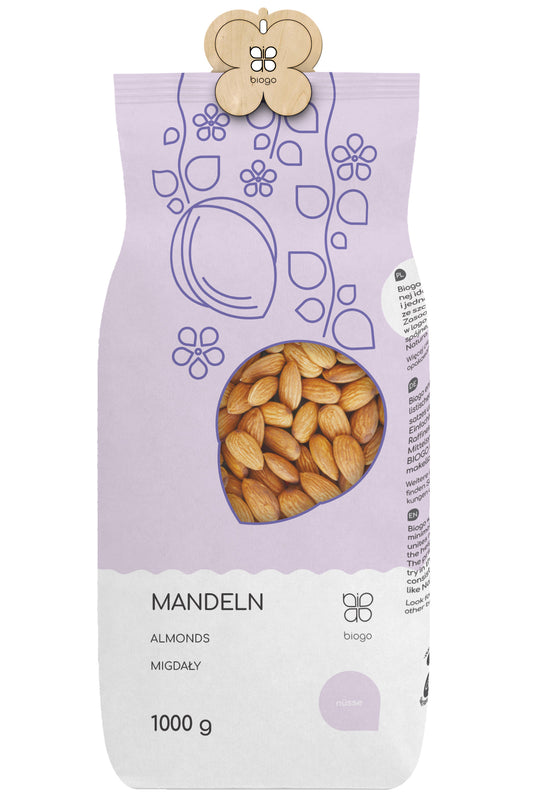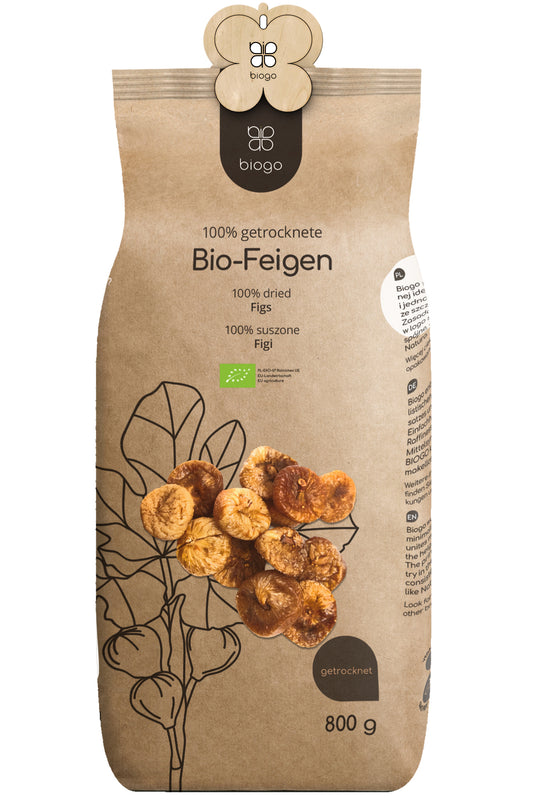- Propriétés et applications de l'huile de colza
- Propriétés et utilisations de l'huile de tournesol
- Huile de tournesol ou de colza : laquelle choisir ?
Les huiles les plus couramment utilisées en Pologne sont celles pressées à partir de tournesol et de colza. Ils sont utilisés dans les restaurants et dans les cuisines domestiques. Très souvent, nous les utilisons de manière interchangeable, sans réfléchir aux différences entre eux, si l’un d’eux convient plus ou moins à un plat particulier et si leurs propriétés sont similaires. Lequel devrions-nous choisir et quelles sont les différences entre eux ?
Propriétés et applications de l'huile de colza
La liste des propriétés bénéfiques de l’huile de colza pour notre corps est extrêmement longue. Entre autres choses, il a un effet positif sur les systèmes immunitaire et circulatoire, la vision, le bon fonctionnement des reins et l'état de la peau, et possède également des propriétés antioxydantes et aide à réduire le taux de mauvais cholestérol. La teneur en acides gras saturés nocifs, présents dans presque toutes les graisses de l’huile de colza, est relativement faible. D'autre part, on retrouve un rapport favorable entre les acides oméga-3 et oméga-6, ce qui en fait l'une des huiles végétales les plus saines. C'est aussi une ressource précieuse :
- Vitamines :
- A - améliore l'état des yeux et de la peau,
- E - a un effet antioxydant et élimine les radicaux libres,
- K - est responsable du bon fonctionnement du processus de coagulation du sang,
- Phytostérols - contribuent au maintien d'un taux de cholestérol adéquat,
- Acide oléique – aide à réduire les niveaux de mauvais cholestérol.
L'huile de colza est également utilisée en cosmétique en raison de sa teneur élevée en vitamine E et en acides oméga-3. La vitamine E protège efficacement contre les radicaux libres, retarde le processus de vieillissement de la peau et prévient la formation de rides. La provitamine A aide à soulager les irritations cutanées, tandis que la vitamine K aide à lutter contre l’acné et les changements capillaires. L'huile de colza peut être utilisée comme base pour préparer un masque visage maison, un gommage corporel ou un soin capillaire à l'huile.
Propriétés et utilisations de l'huile de tournesol
Comme l’huile de colza, l’huile de tournesol contient de grandes quantités de phytostérols, qui aident à réduire le taux de mauvais cholestérol, mais le rapport oméga-3/oméga-6 est moins favorable. Cependant, il contient encore plus de vitamine E. Il est disponible sous des formes raffinées et non raffinées. L'huile de tournesol raffinée est purifiée et soumise à des températures élevées, ce qui lui confère un point de fumée élevé et la rend idéale pour la friture, mais laisse peu de nutriments précieux. L'huile de tournesol non raffinée ne convient pas à la friture, mais lorsqu'elle est ajoutée aux salades, elle a un effet positif sur l'état de notre corps. Il a des propriétés antibactériennes et anti-inflammatoires, il peut être utilisé pour les maladies de la peau.
Il a également un effet positif sur le travail du système cardiovasculaire, aide à abaisser la tension artérielle, réduit le taux de mauvais cholestérol et de triglycérides et augmente le taux de bon cholestérol. Il peut être utilisé par les personnes souffrant de résistance à l’insuline car il aide à réguler la glycémie. L'huile de tournesol non raffinée contient de grandes quantités d'ingrédients qui ont un effet positif sur le bien-être général de notre corps. Il est riche en :
- acides gras saturés :
- Il contribue à la croissance de la masse musculaire et de la force musculaire.
- L'acide stéarique - souvent utilisé en cosmétique, est un très bon émulsifiant,
- Palmitine - joue un rôle important dans le bon fonctionnement des poumons car elle empêche les alvéoles de s'effondrer,
- acides gras insaturés :
- Icosène - régule le taux de sucre, abaisse la tension artérielle et prévient la formation de calculs rénaux,
- Acide oléique - possède des propriétés anti-inflammatoires, fonctionne bien dans la lutte contre l'excès de poids, aide à réduire le niveau de «mauvais» cholestérol et de triglycérides dans le sang, protège contre le développement de l'athérosclérose et augmente en même temps le niveau de «bon» cholestérol, abaissant ainsi la tension artérielle. Il est utilisé en cosmétique pour hydrater et régénérer.
Huile de tournesol ou de colza : laquelle choisir ?
L’huile de tournesol et l’huile de colza sont toutes deux des sources précieuses d’acides gras insaturés. L’huile de tournesol en contient davantage, mais l’huile de colza en contient dans une meilleure proportion. De toutes les huiles de cuisson, l’huile de colza pressée contient le moins d’acides gras saturés nocifs, soit seulement 7 %. L’huile d’olive, considérée comme l’huile végétale la plus saine, en contient deux fois plus. Environ 10 % de cette quantité est contenue dans l’huile de tournesol. L'huile de tournesol est plus riche en vitamine E, tandis que l'huile de colza contient plus de vitamines A et K. Les deux huiles, l'huile de tournesol et l'huile de colza, sont parfaites pour la cuisine de tous les jours.
Les huiles pressées à froid à partir de graines de colza ou de tournesol ont un goût et un arôme riches. Appelés or liquide, ils constituent une excellente alternative à l'huile d'olive et leur avantage supplémentaire est le fait qu'ils sont un produit local de Pologne. Ils conviennent aux vinaigrettes, sauces, salades et mayonnaises maison. L'huile de colza et de tournesol pressée à froid ne convient pas au chauffage. Il est préférable d’utiliser de l’huile raffinée pour la friture. En raison de sa teneur en acides gras polyinsaturés dans un rapport qui nous est favorable, l'huile de colza est mieux adaptée à une friture plus longue. L'huile de tournesol est idéale pour une friture rapide à la poêle.
LE CHOIX DE L'ÉDITEUR
Dattes séchées 1 kg BIOGO
- £4.00
£5.00- £4.00
- Prix unitaire
- / par
Amandes 1 kg BIOGO
- £11.00
£13.00- £11.00
- Prix unitaire
- / par
Graines de tournesol décortiquées 1 kg BIOGO
- £3.00
£4.00- £3.00
- Prix unitaire
- / par
Mangue séchée bio 400 g BIOGO
- £10.00
- £10.00
- Prix unitaire
- / par
Mûres blanches séchées 500 g BIO
- £6.00
£7.00- £6.00
- Prix unitaire
- / par
Popcorn (grains de maïs) bio 1 kg BIOGO
- £6.00
- £6.00
- Prix unitaire
- / par
Curcuma moulu bio 500 g BIOGO
- £6.00
- £6.00
- Prix unitaire
- / par
Graines de chardon-Marie 1 kg BIOGO
- £4.00
- £4.00
- Prix unitaire
- / par
Figues séchées bio 800 g BIOGO
- £27.00
- £27.00
- Prix unitaire
- / par
Sac #changezbiogo coton v.2
- £3.00
- £3.00
- Prix unitaire
- / par






































































































































